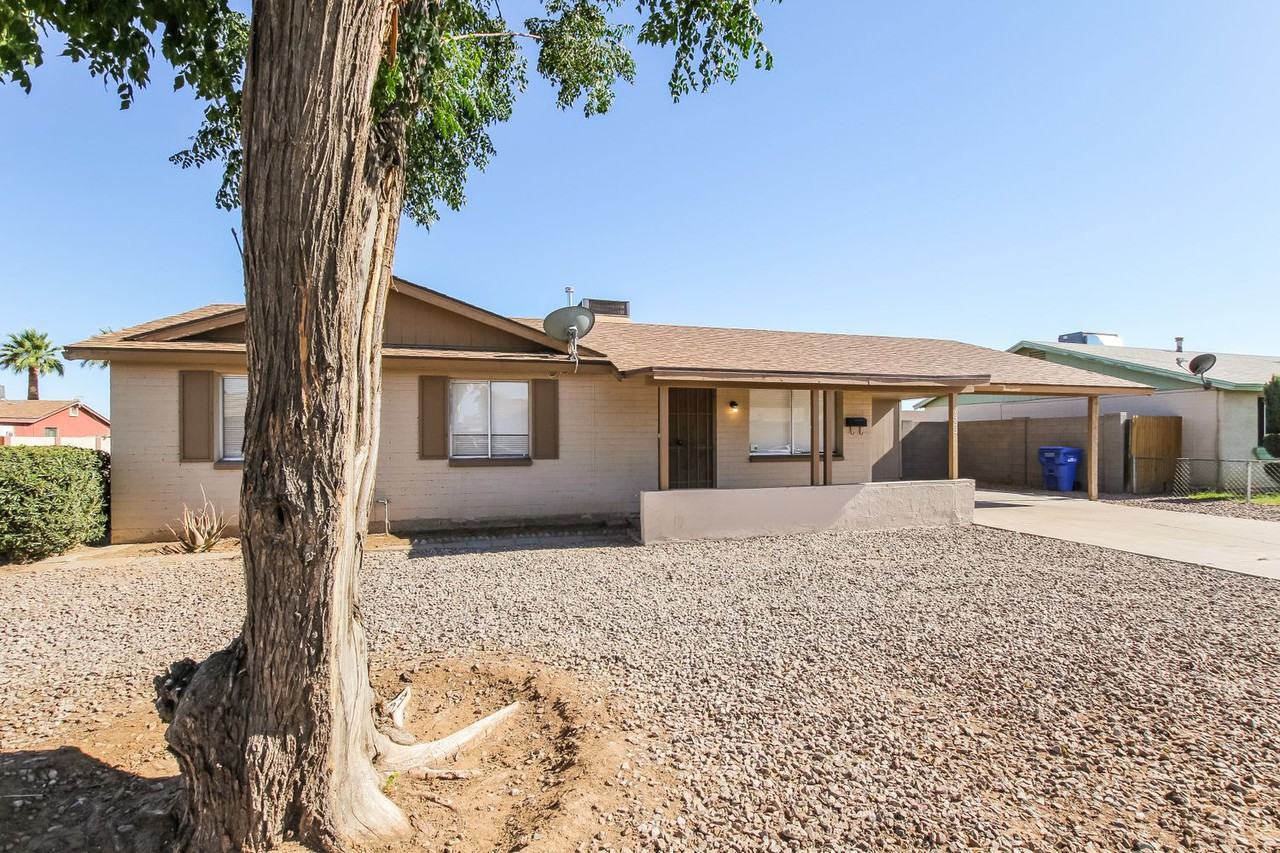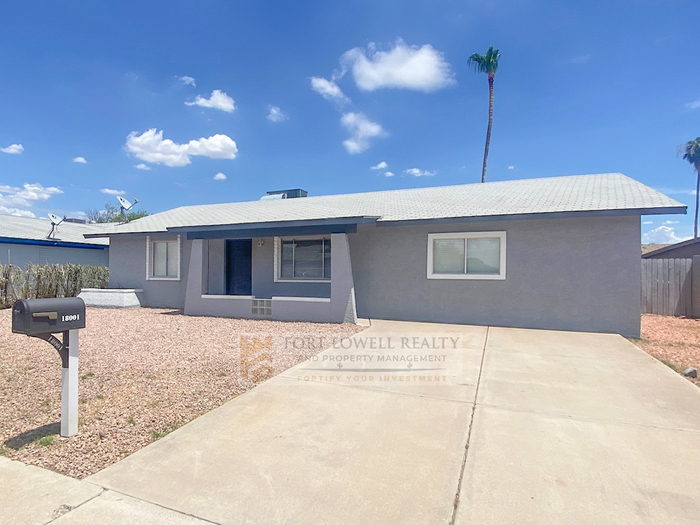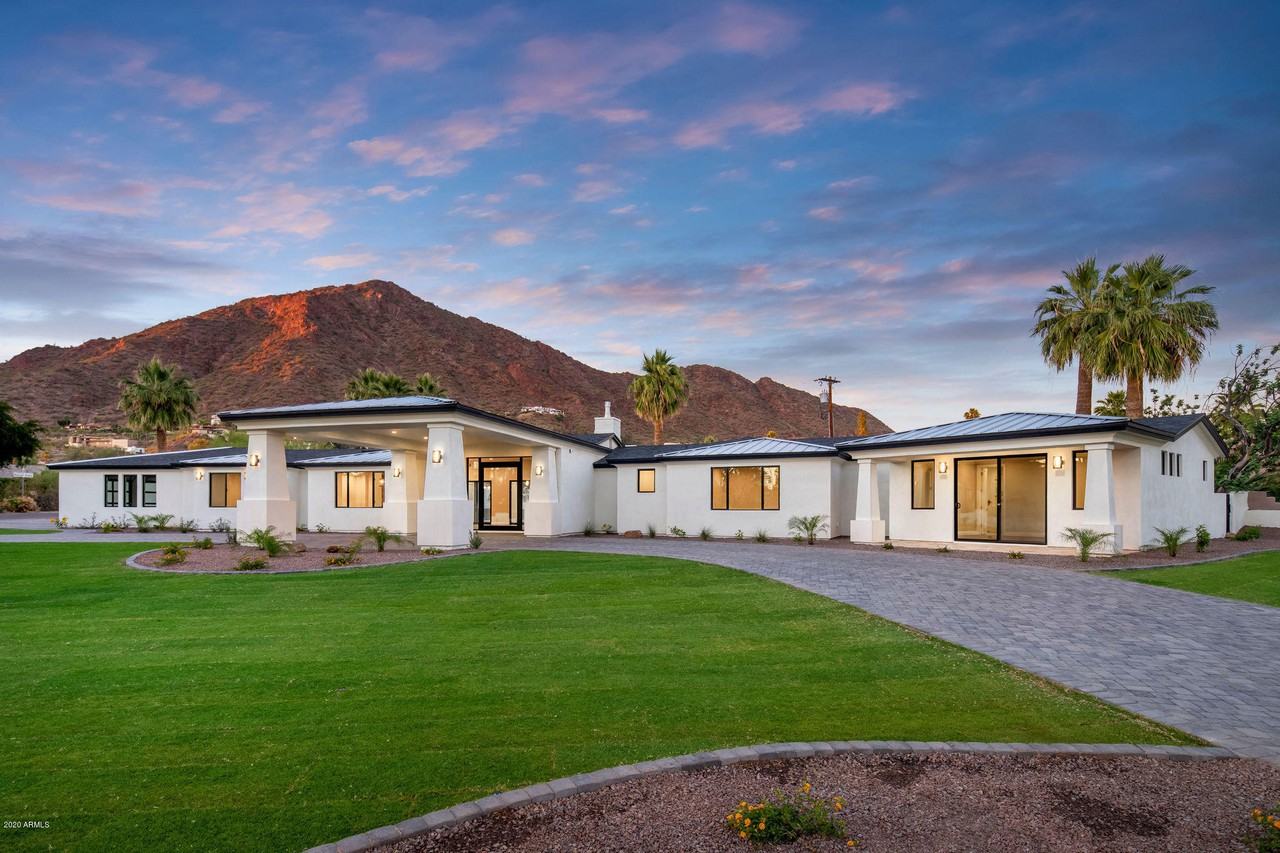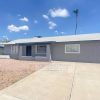House for Rent in Phoenix AZ Your Guide
Phoenix, AZ Rental Market Overview: House For Rent In Phoenix Az

Source: zumpercdn.com
House for rent in phoenix az – The Phoenix rental market is a dynamic landscape influenced by factors such as population growth, economic conditions, and seasonal variations. Understanding the current market trends is crucial for prospective renters seeking properties in this vibrant city.
Current State of the Phoenix Rental Market
Phoenix experiences a consistently high demand for rental properties, leading to a competitive market. Rental rates have shown a steady increase in recent years, particularly in popular neighborhoods. The availability of properties varies depending on the time of year and specific location. Factors like new construction and economic growth influence the overall supply and demand.
Popular Neighborhoods for Renters
Several neighborhoods in Phoenix are highly sought after by renters due to their amenities, proximity to employment centers, and overall desirability. These include Arcadia, Ahwatukee, Scottsdale, Tempe, and Chandler. Each offers a unique blend of features and caters to different lifestyles and preferences.
Rental Price Comparison Across Phoenix Neighborhoods
Rental prices in Phoenix vary significantly depending on location, property type, and size. Generally, neighborhoods closer to the city center or with high-demand amenities command higher rental rates. Areas further from the city center or with fewer amenities typically offer more affordable options.
Average Rental Prices by Property Type and Bedrooms
| Property Type | 1 Bedroom | 2 Bedrooms | 3 Bedrooms |
|---|---|---|---|
| Apartment | $1,200 – $1,800 | $1,500 – $2,200 | $1,800 – $2,700 |
| House | $1,800 – $2,800 | $2,200 – $3,500 | $2,700 – $4,500 |
| Townhouse | $1,500 – $2,200 | $1,800 – $2,800 | $2,200 – $3,500 |
Note: These are average ranges and actual prices can vary widely based on specific property features and location.
Types of Houses Available for Rent in Phoenix
Phoenix offers a diverse range of rental housing options to suit various needs and budgets. Understanding the differences between these types of properties is essential for making an informed decision.
Types of Rental Houses and Amenities
- Single-Family Homes: These detached homes offer privacy and often include yards and garages. Amenities can vary widely but may include swimming pools, updated kitchens, and landscaped yards. Typical rental costs range from $2,000 to $5,000+ per month depending on size and location.
- Townhouses: These attached homes often share walls with neighboring units. They typically offer less yard space than single-family homes but often include amenities like community pools and fitness centers. Rental costs generally fall between $1,500 and $3,000 per month.
- Condos: Similar to townhouses, condos are attached units within a larger complex. They often come with amenities such as swimming pools, gyms, and security systems. Rental costs vary widely depending on the complex and unit size.
Pros and Cons of Different House Types
The choice between a single-family home, townhouse, or condo depends on individual preferences and priorities. Single-family homes offer the most privacy but often come with higher costs and more maintenance responsibilities. Townhouses and condos offer a balance of affordability, convenience, and shared amenities, but may sacrifice some privacy.
Factors Influencing Rental Costs in Phoenix
Several key factors contribute to the fluctuation of rental prices across Phoenix. Understanding these factors can help renters make informed decisions about where and what type of property to rent.
Factors Affecting Rental Prices, House for rent in phoenix az
Location is the most significant factor influencing rental costs. Desirable neighborhoods with good schools, convenient amenities, and low crime rates tend to have higher rental rates. Property size, the number of bedrooms and bathrooms, and the presence of desirable amenities like a swimming pool or garage also significantly impact rental prices. Market demand, influenced by population growth and economic conditions, further contributes to price fluctuations.
Relationship Between Property Size and Rental Cost
Generally, larger properties command higher rental rates. A larger square footage translates to more living space, potentially more bedrooms and bathrooms, and often more desirable features. This direct correlation is consistent across various property types in Phoenix.
Impact of Amenities on Rental Rates
Specific amenities significantly influence rental costs. A swimming pool, a garage, updated appliances, or a landscaped yard can increase rental rates. The presence of these amenities reflects a higher level of desirability and convenience, leading to increased demand and consequently higher prices. For example, a property with a pool might command a premium of $200-$500 per month compared to a similar property without one.
Location and Rental Price Correlation
A visual representation would show a clear positive correlation between location and rental price. A map of Phoenix with color-coded areas based on average rental rates would illustrate this clearly. Areas closer to the city center and desirable neighborhoods would be depicted in darker shades representing higher rental costs, while areas further out would show lighter shades indicating lower rental rates.
This would clearly demonstrate the premium paid for location.
Finding and Securing a Rental Property in Phoenix
Securing a rental property in Phoenix involves a systematic process. Familiarizing yourself with this process can significantly improve your chances of finding a suitable home.
Searching for Rental Properties

Source: apartments.com
Several online platforms and local real estate agencies facilitate rental property searches in Phoenix. Websites such as Zillow, Apartments.com, Trulia, and Craigslist are commonly used. Working with a real estate agent can also streamline the process, particularly for those unfamiliar with the Phoenix market.
Rental Application Process
The application process typically involves completing a rental application form, providing proof of income and identification, and undergoing a background and credit check. Landlords often require a security deposit and first month’s rent upfront. The specific requirements vary between landlords and properties.
Common Requirements for Rental Applications
- Completed application form
- Proof of income (pay stubs, tax returns)
- Valid photo identification
- Rental history (references from previous landlords)
- Credit report
- Background check
Step-by-Step Guide for Renters
- Identify your needs and budget.
- Search for properties online or through an agent.
- Schedule viewings of properties that meet your criteria.
- Submit a complete rental application.
- Undergo background and credit checks.
- Negotiate lease terms.
- Sign the lease agreement.
- Pay security deposit and first month’s rent.
Tenant Rights and Responsibilities in Arizona

Source: zumpercdn.com
Arizona law protects tenants’ rights and Artikels their responsibilities. Understanding these rights and responsibilities is crucial for a positive rental experience.
Tenant Rights
Arizona tenants have the right to a safe and habitable living space, reasonable notice before eviction, and protection from discrimination. They also have the right to request repairs and maintenance, and to withhold rent under certain circumstances (e.g., if the landlord fails to make necessary repairs). Specific details regarding these rights are Artikeld in Arizona’s landlord-tenant laws.
Handling Repairs and Maintenance
Tenants should notify their landlord in writing of any necessary repairs or maintenance issues. The landlord is generally responsible for addressing these issues within a reasonable timeframe, depending on the severity of the problem. Failure of the landlord to address necessary repairs might give tenants legal grounds to withhold rent or pursue legal action.
Ending a Lease Agreement
The process for ending a lease agreement depends on the terms Artikeld in the lease itself. Typically, tenants must provide the required notice period (usually 30 days) before vacating the property. Early termination may result in penalties as Artikeld in the lease agreement.
Common Landlord-Tenant Disputes and Resolution
- Repair Issues: Attempt to resolve amicably with the landlord; if unsuccessful, contact the local housing authority or consider legal action.
- Security Deposit Disputes: Review the lease agreement and Arizona’s laws regarding security deposit returns; seek mediation or legal counsel if necessary.
- Eviction Notices: Understand your rights and the eviction process; seek legal advice if facing eviction.
Phoenix Neighborhood Guides
Phoenix offers a diverse array of neighborhoods, each with its own unique character and appeal. This section provides brief profiles of some popular areas, highlighting their key features and suitability for renters.
Neighborhood Profiles
| Neighborhood | Key Features | Average Rent (Estimate) | Proximity to Key Locations |
|---|---|---|---|
| Arcadia | Upscale, mature trees, excellent schools, close to shopping and dining | $2,500 – $5,000+ | Close to downtown Phoenix, Scottsdale |
| Ahwatukee | Family-friendly, mountain views, numerous parks and recreational facilities | $2,000 – $4,000 | South of Phoenix, convenient to freeways |
| Tempe | University town, vibrant nightlife, close to Arizona State University | $1,500 – $3,000 | Adjacent to Phoenix, easy access to downtown |
| Scottsdale | Upscale, resort-style living, high-end shopping and dining, art scene | $2,500 – $6,000+ | North of Phoenix, known for its luxury |
| Chandler | Family-friendly, planned community, excellent schools, numerous parks | $1,800 – $3,500 | Southeast of Phoenix, known for its family-oriented atmosphere |
Note: Rent estimates are averages and can vary based on property size and specific features.
Questions and Answers
What is the average security deposit in Phoenix?
Security deposits typically range from one to two months’ rent, depending on the landlord and property.
How long does the rental application process usually take?
Processing times vary, but expect a few days to a couple of weeks for applications to be reviewed and processed.
What are the typical lease terms in Phoenix?
Most leases are for 12 months, but shorter-term leases may be available depending on the property and landlord.
Are pets allowed in most Phoenix rental properties?
Pet policies vary widely. Always inquire about pet policies and potential pet fees or restrictions before applying.













